

This course is intended for operating personnel. Areas covered include basic heat transfer, fuel, refractory, principals of design applications and operation of different pipe steel heaters (furnaces), heat exchangers and coolers.
CDGA attendance certificate will be issued to all attendees completing minimum of 80% of the total course duration.
| Code | Date | Venue | Fees | Register |
|---|---|---|---|---|
| ME150-02 | 13-04-2026 | Istanbul | USD 5950 | |
| ME150-03 | 16-08-2026 | Jeddah | USD 5450 | |
| ME150-04 | 13-12-2026 | Amman | USD 5450 |
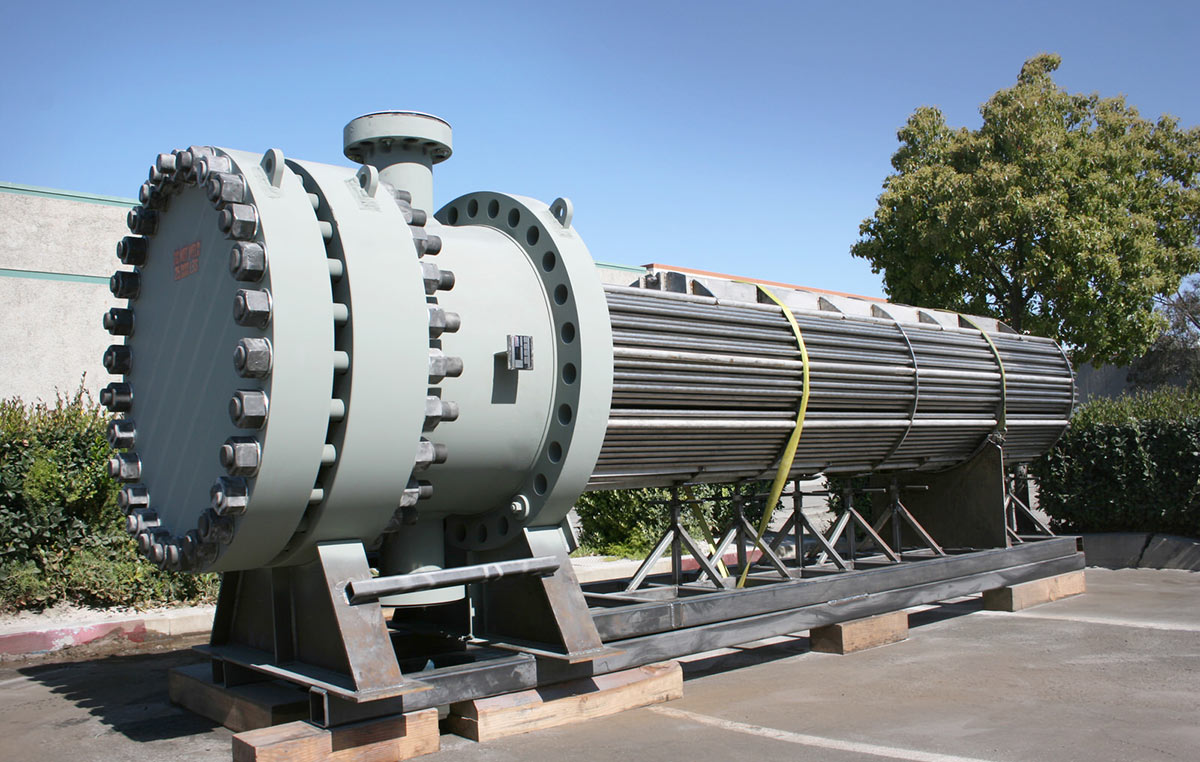
The course is directed to the participants to enable them to unerstand the basic idea of the shell and tube devices and taking care of the new and advanced technology that is available nowadays. The c ...

This training course is a comprehensive course to the technology of shell and tube heat exchangers as these robust type of heat exchangers are the most commonly used in the process and refinery indust ...
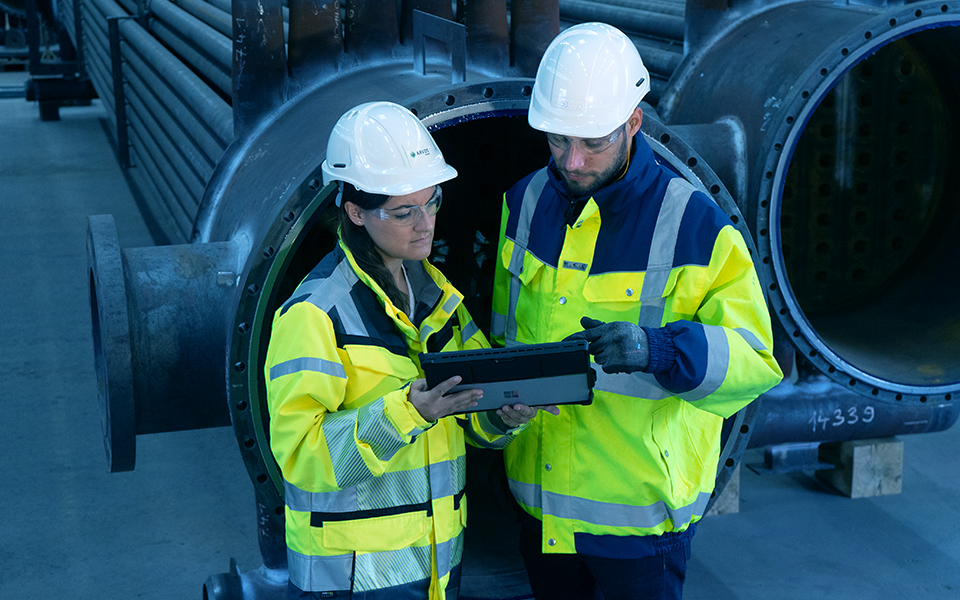
A heat exchanger is a device in which energy is transferred from one fluid to another across a solid surface. Heat Exchangers (HEs) are used extensively and regularly in process and allied industries ...
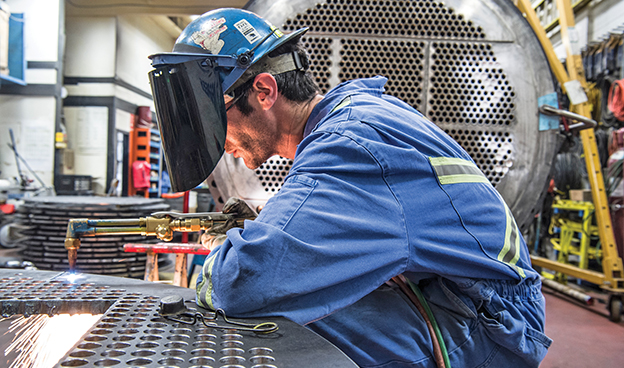
A heat exchanger is a component that allows the transfer of heat from one fluid (liquid or gas) to another fluid. Reasons for heat transfer include the following: • To heat a cooler fluid by means of ...
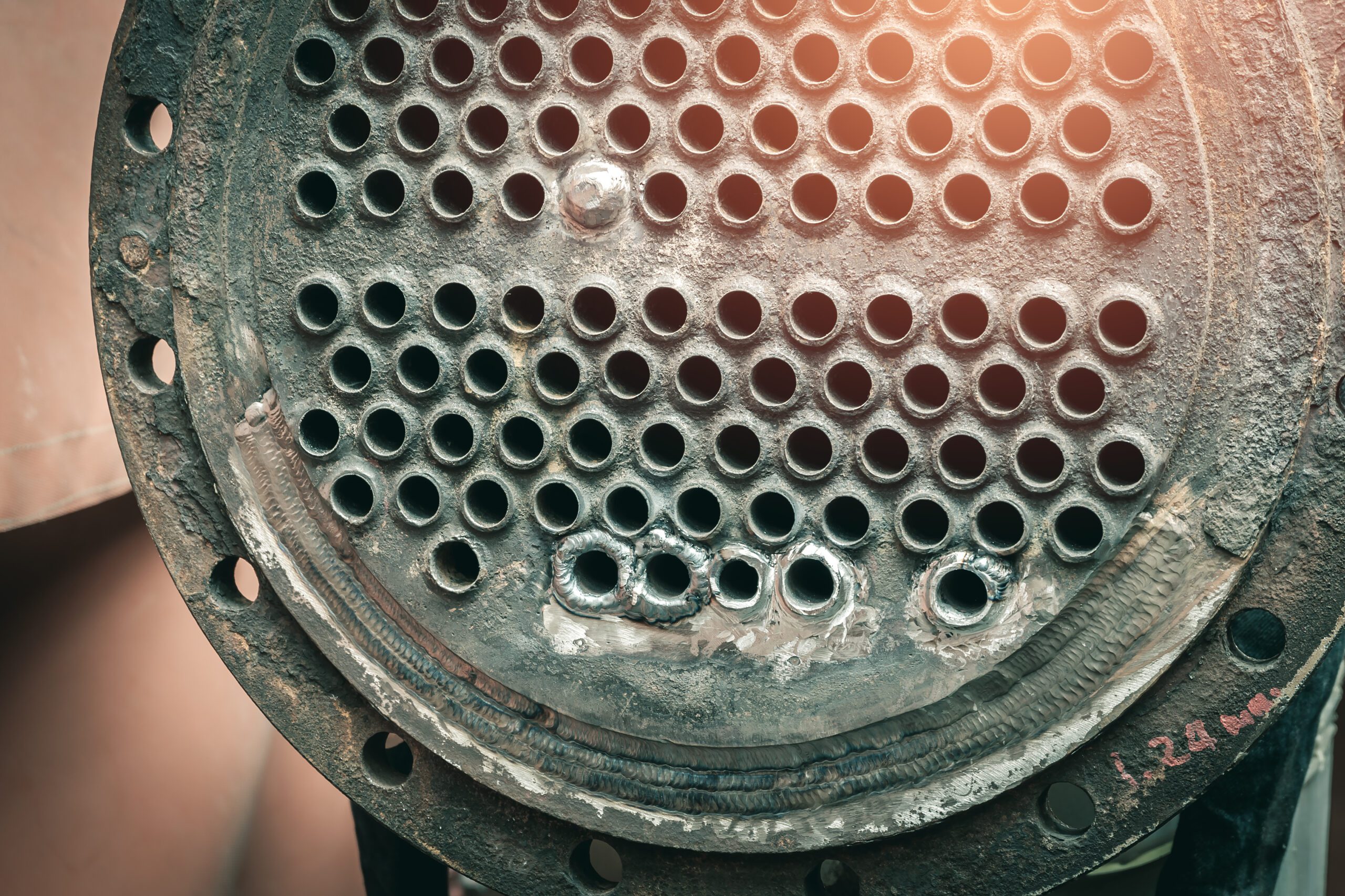
A heat exchanger is a component that allows the transfer of heat from one fluid (liquid or gas) to another fluid. Reasons for heat transfer include the following: • To heat a cooler fluid by means of ...
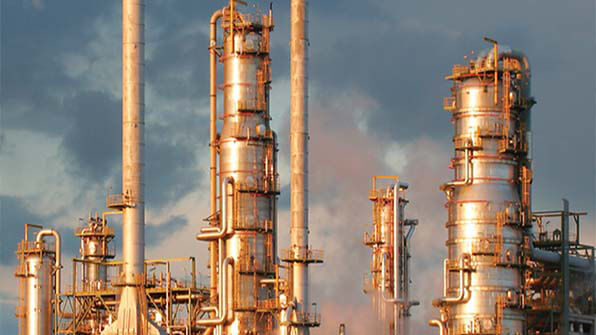
Introduce a team of fresh Mechanical Graduates, with different backgrounds, to various static equipments used in oil & Gas industry; particularly an overview of Block, PFD and P&ID presentation of equ ...
Providing services with a high quality that are satisfying the requirements
Appling the specifications and legalizations to ensure the quality of service.
Best utilization of resources for continually improving the business activities.
CDGA keen to selects highly technical instructors based on professional field experience
Since CDGA was established, it considered a training partner for world class oil & gas institution
3012, Block 3, 30 Euro Business Park, Little Island, Co. Cork, T45 V220, Ireland
Mon to Fri 09:00 AM to 06:00 PM
Contact Us anytime!
Request Info